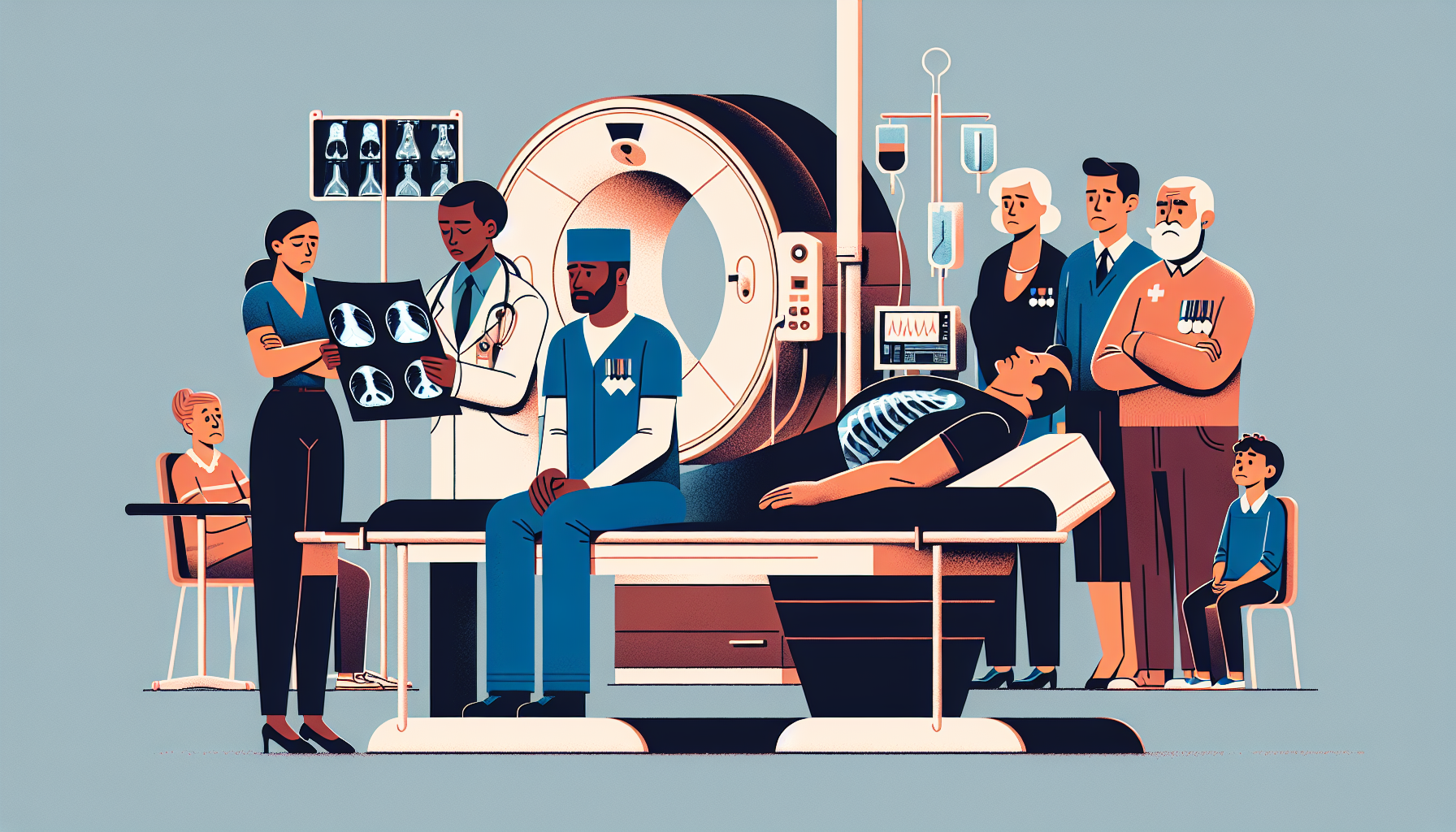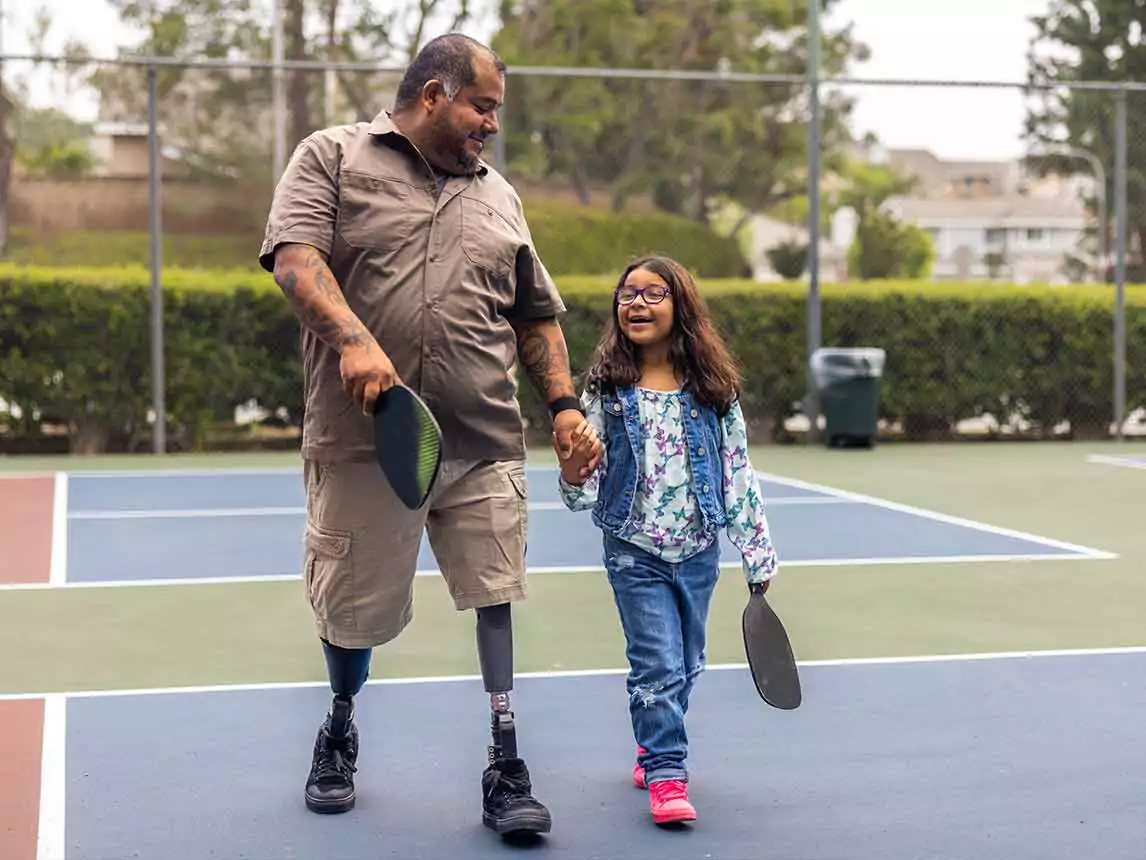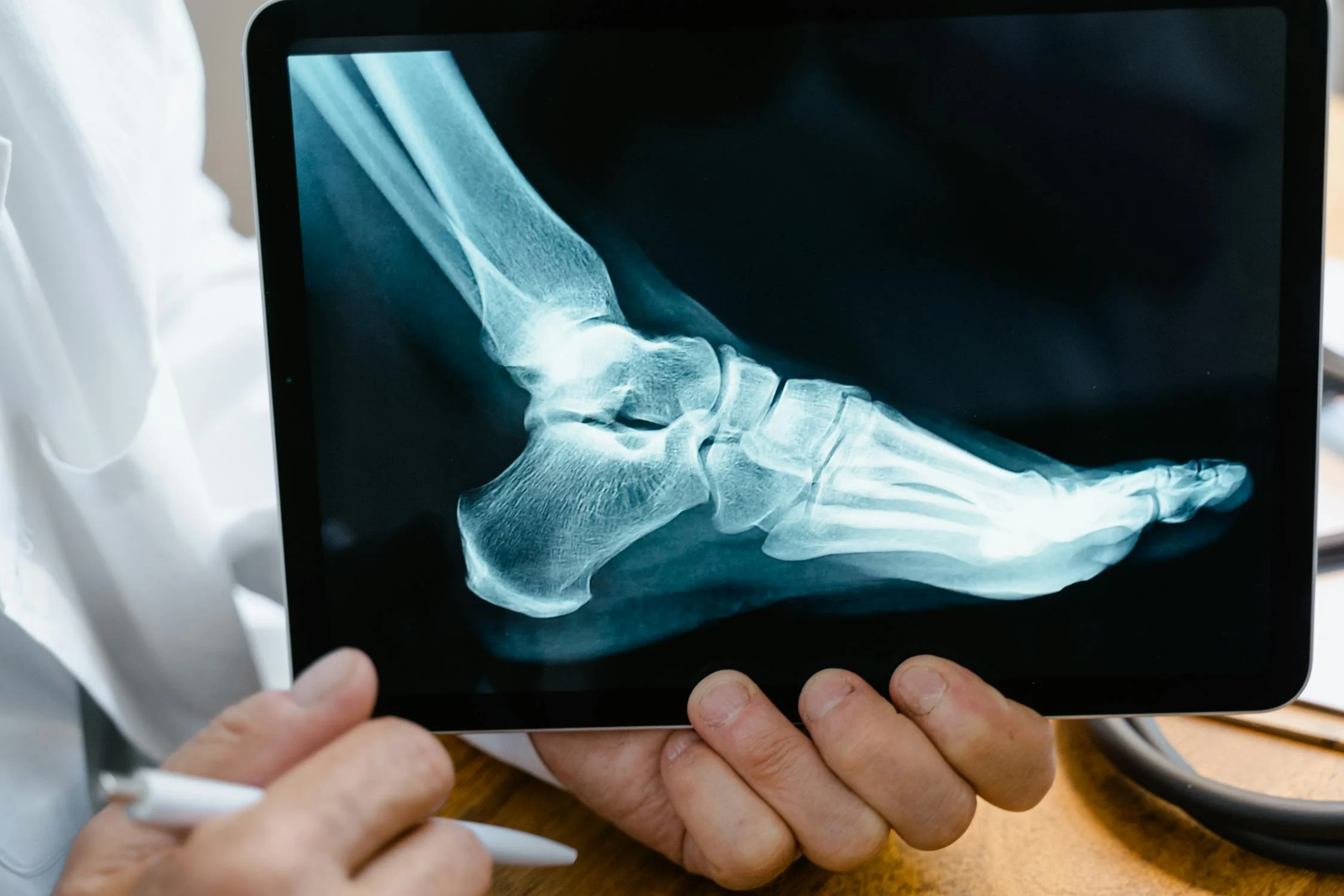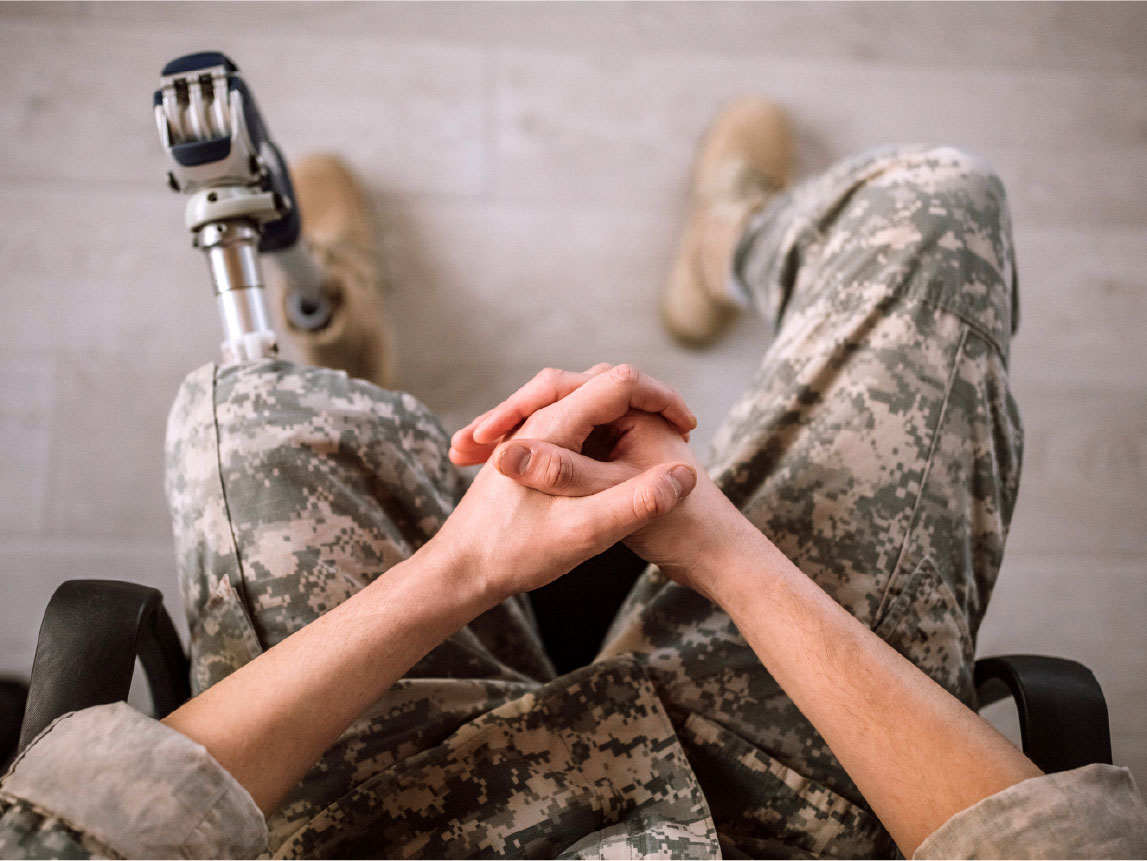Definition
Radiology services, in the context of VA benefits, refer to the diagnostic imaging procedures provided by the Department of Veterans Affairs. These services include, but are not limited to, X-rays, ultrasounds, computed tomography (CT) scans, and magnetic resonance imaging (MRI) scans. These imaging techniques help healthcare providers diagnose, monitor, and treat various health conditions in veterans.
Key Takeaways
- Radiology Services under VA benefits refer to diagnostic imaging tests performed by the Department of Veterans Affairs, which aid in the early detection, diagnosis, and treatment of various medical conditions and injuries.
- These services may include procedures such as X-rays, MRI scans, CT scans, ultrasounds, and nuclear medicine, which are available to eligible veterans in VA facilities or authorized non-VA healthcare providers as part of their comprehensive healthcare package.
- To access Radiology Services, veterans must be enrolled in VA healthcare and obtain a referral from their primary care provider. The services are generally covered by VA benefits, but copayments and eligibility criteria may apply, depending on the veteran’s enrollment status and priority group.
Importance
Radiology Services is an important term in the context of VA benefits because it refers to the array of diagnostic imaging procedures provided to veterans as part of the comprehensive medical care offered by the Department of Veterans Affairs.
These services are essential for accurately diagnosing, treating, and monitoring various health conditions, including injuries, illnesses, and chronic medical issues that may affect veterans.
By offering Radiology Services, the VA ensures that veterans receive state-of-the-art imaging, such as X-rays, MRIs, CT scans, and ultrasounds, which are crucial for timely detection and effective treatment of potential health problems.
Ultimately, this term represents the VA’s commitment to prioritizing the well-being and long-term care of those who have bravely served their country.
Explanation
The purpose of radiology services within the context of VA benefits is to provide Veterans with essential diagnostic and therapeutic imaging procedures that can greatly enhance their healthcare outcomes. The U.S. Department of Veterans Affairs (VA) emphasizes the importance of offering these services to eligible Veterans to not only identify and monitor various medical conditions, but also to guide medical practitioners in developing effective, personalized treatment plans.
Radiology plays a crucial role in the early detection, diagnosis, and treatment of diseases and conditions, potentially improving a Veteran’s quality of life and overall well-being. By incorporating radiology services as part of their comprehensive healthcare package, the VA ensures that Veterans have access to cutting-edge imaging technologies and expert care. Radiology services offered through VA benefits are used for a wide range of applications spanning various medical fields.
These services encompass different diagnostic imaging modalities, such as X-rays, computed tomography (CT) scans, magnetic resonance imaging (MRI), ultrasound, and nuclear medicine imaging, among others. By providing a detailed and non-invasive visualization of internal organs, bones, and tissues, radiology enables healthcare providers to detect abnormalities, such as tumors, fractures, infections, or cardiovascular issues. Furthermore, therapeutic radiology treatments, such as radiation therapy, are used to combat cancer and other serious conditions by carefully targeting and destroying affected cells with minimal impact on healthy tissues.
Overall, radiology services provided through VA benefits are an indispensable aspect of maintaining and improving Veterans’ health.
Examples of Radiology Services
The U.S. Department of Veterans Affairs (VA) provides numerous benefits to veterans, including healthcare services like radiology. Radiology services involve using medical imaging technologies to diagnose and treat various medical conditions. Here are three real-world examples of radiology services provided by the VA to veterans:
X-ray Imaging: A common diagnostic technique, X-ray imaging uses high-energy radiation to create images of the inside of the body. Veterans can receive X-ray imaging services at VA hospitals and clinics for various purposes, such as detecting fractures, infections, or tumors, as well as evaluating the lungs, heart, and blood vessels.
Computed Tomography (CT) scans: CT scans are another type of radiology service provided by the VA. These scans use advanced X-ray technology to produce detailed, cross-sectional images of the body’s internal structures. Veterans may receive CT scans to help diagnose conditions such as cancers, internal injuries, or to monitor the progression of diseases.
Magnetic Resonance Imaging (MRI): The VA also offers MRI services, which use powerful magnets and radio waves to create detailed images of the body’s internal structures. MRI scans are particularly useful for visualizing soft tissues, such as the brain, spinal cord, muscles, and blood vessels. Veterans may receive MRI scans for diagnosing various neurological conditions, musculoskeletal injuries, or identifying tumors.In addition to these examples, the VA offers other radiological services such as ultrasound, nuclear medicine scans, and mammography, all aimed at ensuring veterans receive comprehensive and timely care.
FAQ – Radiology Services for VA Benefits
What are the available Radiology Services for veterans through VA benefits?
Radiology Services for veterans include a wide range of diagnostic imaging procedures such as X-rays, CT scans, MRI scans, ultrasound, mammography, and nuclear medicine imaging, among others. These services help to diagnose and monitor various medical conditions and assist health care providers in making informed decisions related to veteran’s care.
How can veterans access Radiology Services through the VA?
Veterans can access Radiology Services by utilizing their VA health care benefits. They must first be enrolled in VA health care and obtain a referral from a VA health care provider. Once the referral is in place, veterans can schedule their appointment at the VA medical center or community clinic that offers the required imaging service.
Are there any limitations or restrictions on Radiology Services for veterans?
Limitations or restrictions on Radiology Services may be based on clinical necessity, waiting times, or availability of the required imaging equipment or personnel. In some cases, referrals for Radiology Services from outside the VA system may be necessary when the services are not available at the local VA facility or when timely access to care is not possible.
Does the VA cover the cost of Radiology Services for veterans?
Yes, the VA covers the cost of Radiology Services for eligible veterans as a part of their VA health care benefits. This includes the imaging procedures and any professional fees associated with interpreting the results. However, co-payments may apply, depending on the veteran’s priority group, service connection status, and other factors.
Can Radiology Services be provided through the VA’s Community Care Program?
Yes, Radiology Services can be provided through the VA’s Community Care Program when a veteran is eligible for community care or when the required services are not available at the local VA facility. In such cases, veterans can receive the imaging services from a community provider with prior authorization from the VA.
Related VA Benefit Terms
- Diagnostic Imaging
- Radiation Therapy
- X-rays
- Magnetic Resonance Imaging (MRI)
- Computed Tomography (CT) Scan
Sources for More Information
- U.S. Department of Veterans Affairs: The official website of the U.S. Department of Veterans Affairs provides comprehensive information on VA benefits, including radiology services.
- RadiologyInfo.org: Operated by the Radiological Society of North America (RSNA) and the American College of Radiology (ACR), this website offers a wealth of information on radiology services, which may be useful to veterans interested in VA benefits.
- Agency for Healthcare Research and Quality (AHRQ): A government agency dedicated to improving the quality of healthcare in the United States, AHRQ’s website features various resources on radiology services and medical imaging.
- American College of Radiology (ACR): ACR is a professional association that represents radiologists, radiation oncologists, and medical physicists. Their website provides useful resources and information about radiology services, including VA benefits-related radiology services.
 Benefits.com Advisors
Benefits.com Advisors
With expertise spanning local, state, and federal benefit programs, our team is dedicated to guiding individuals towards the perfect program tailored to their unique circumstances.
Rise to the top with Peak Benefits!
Join our Peak Benefits Newsletter for the latest news, resources, and offers on all things government benefits.



















